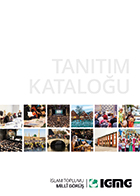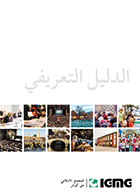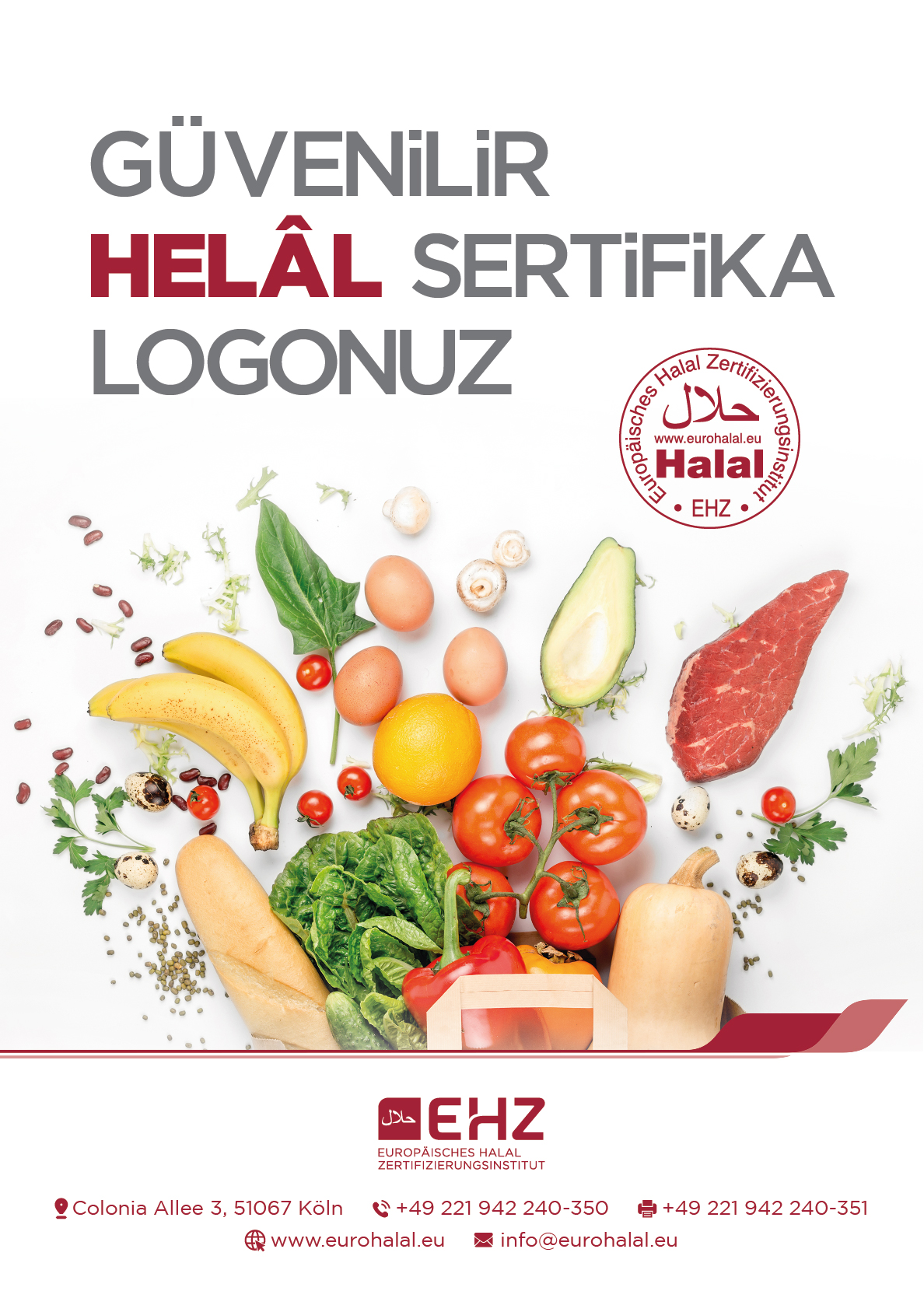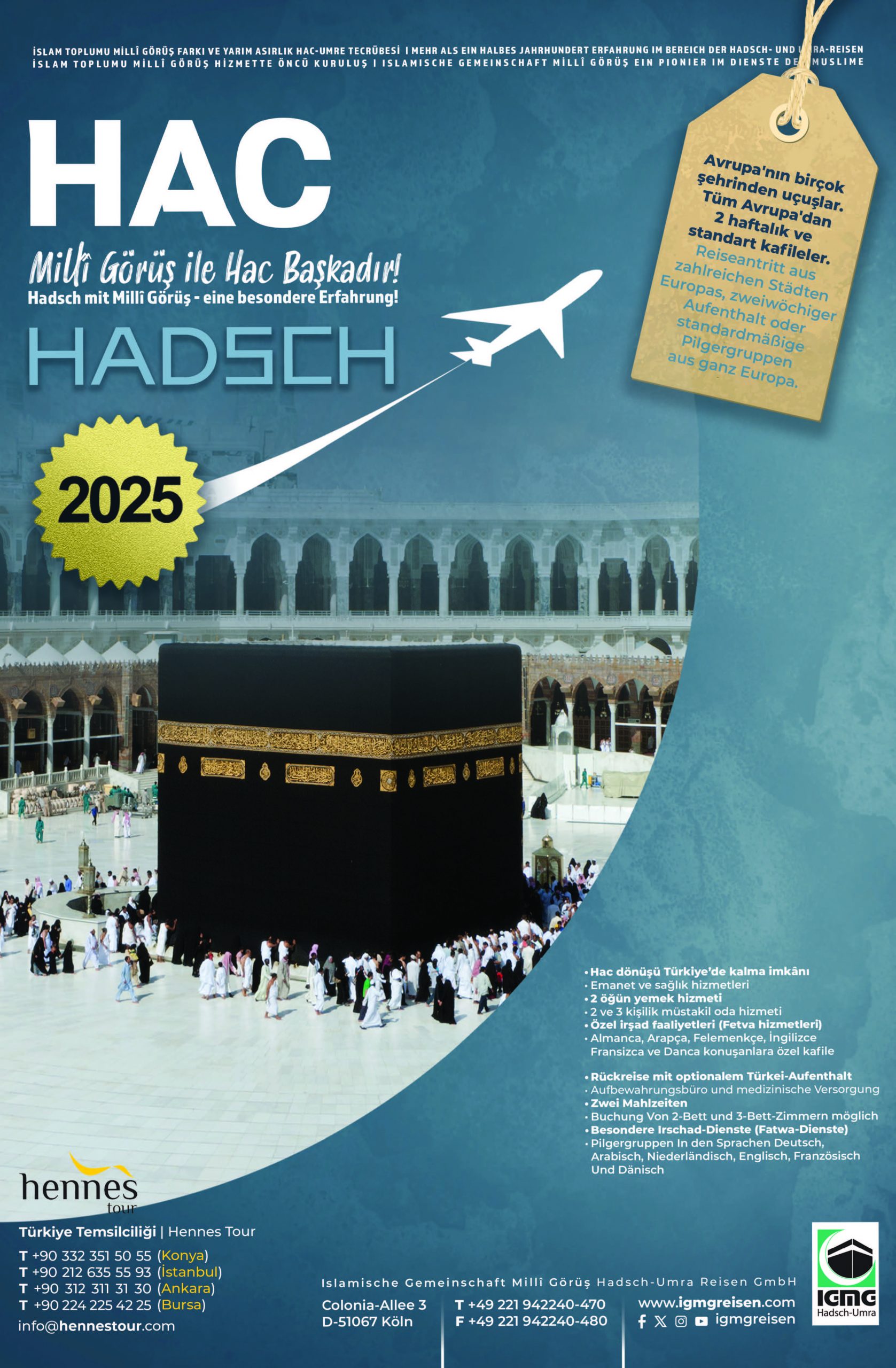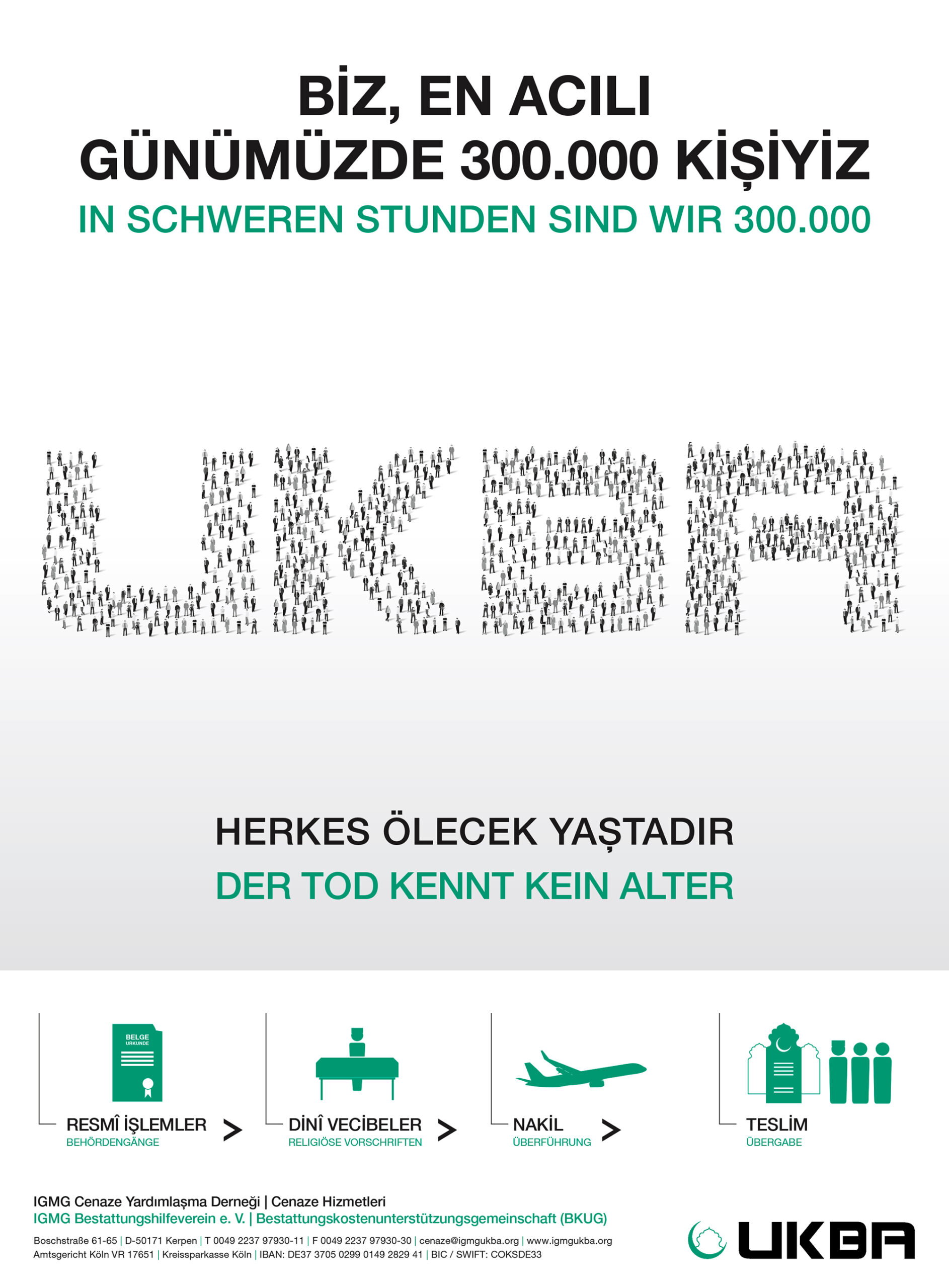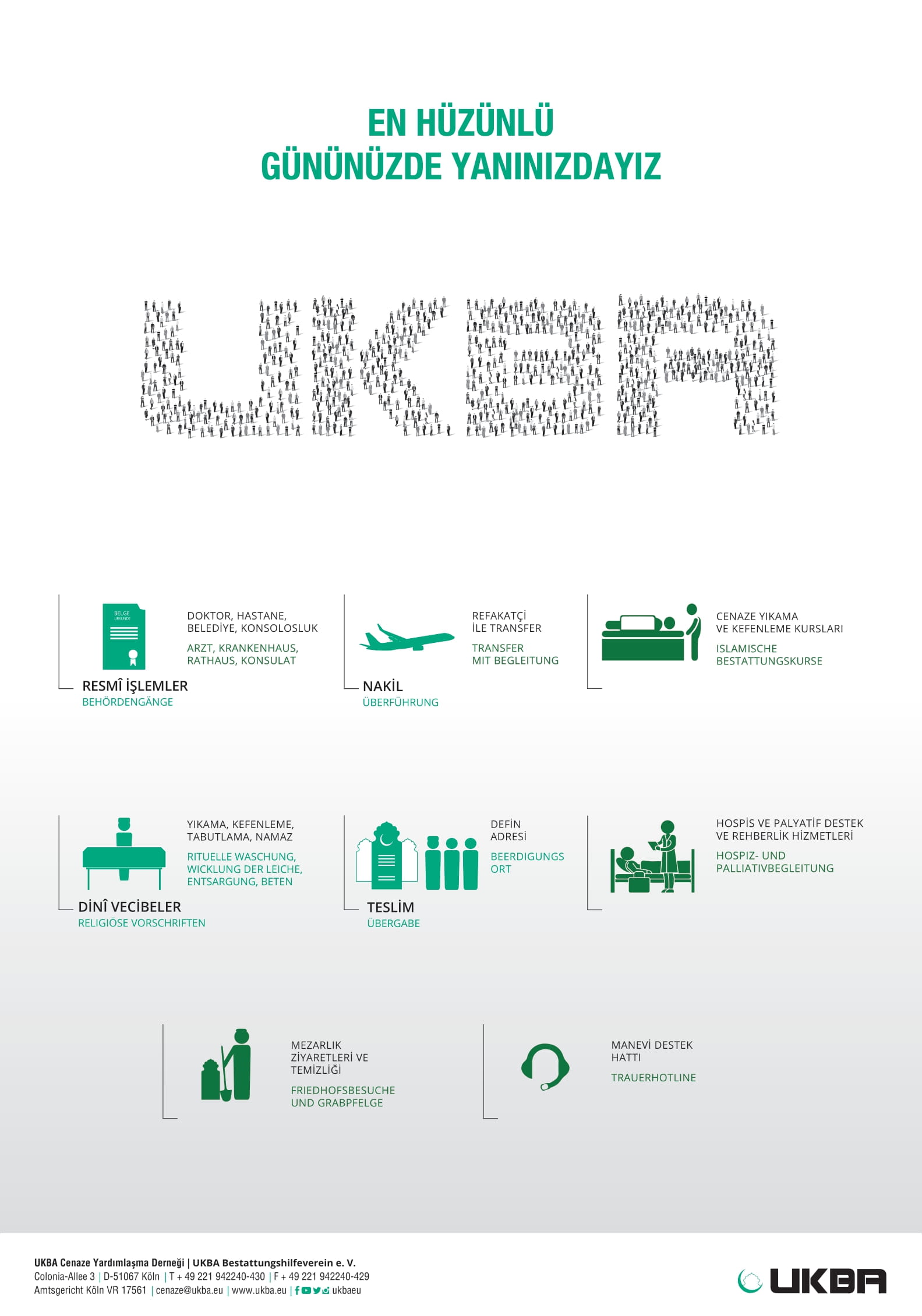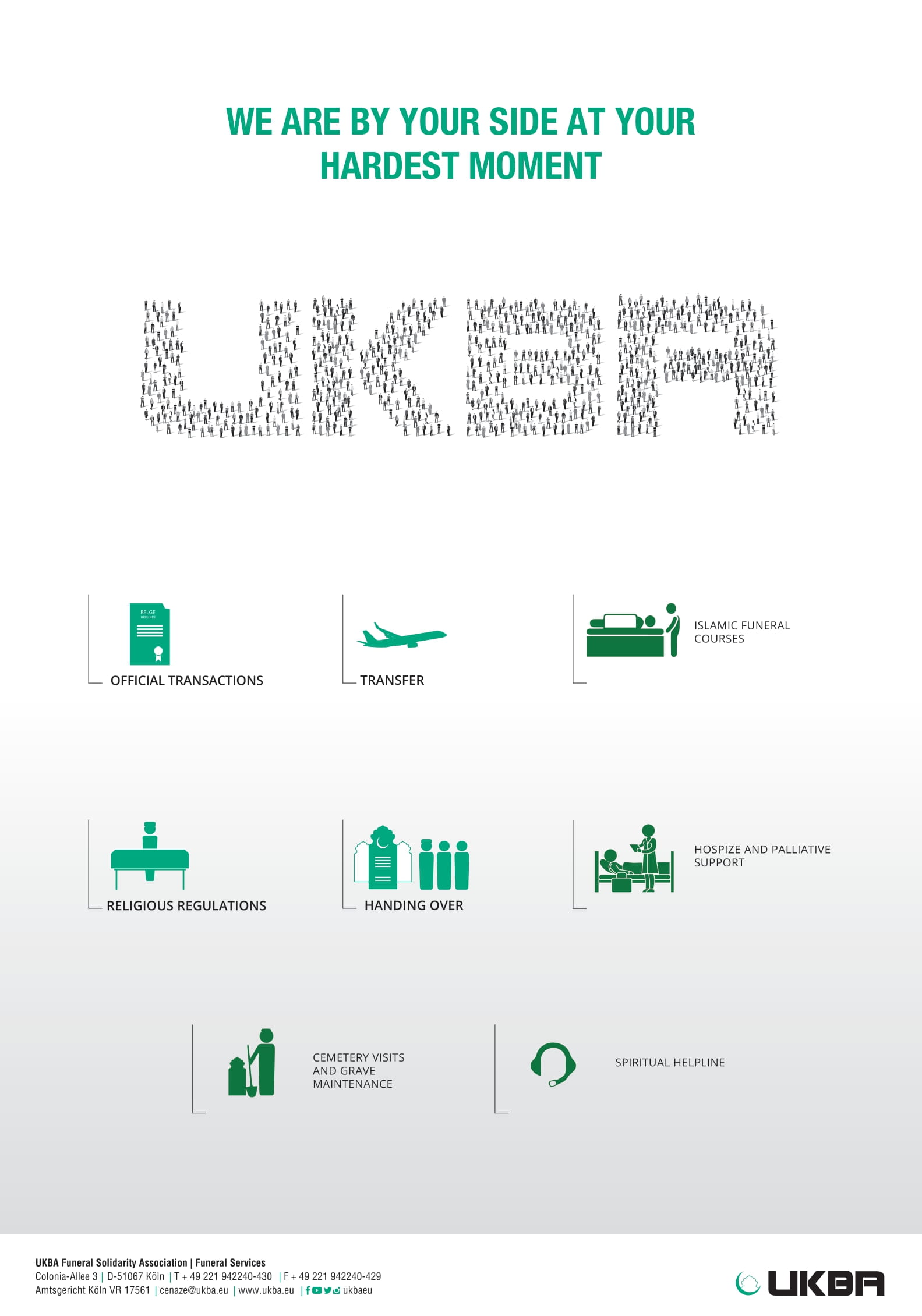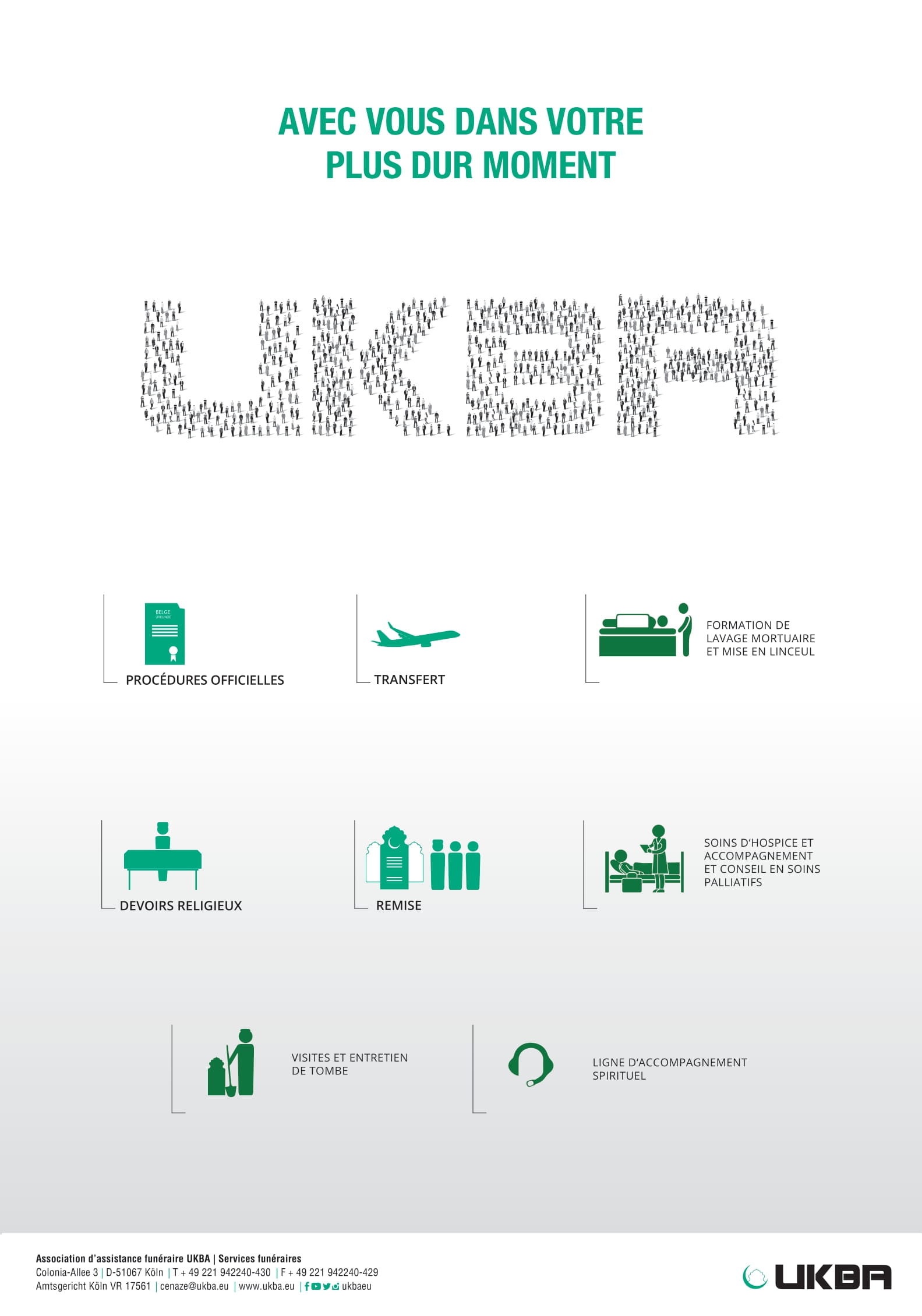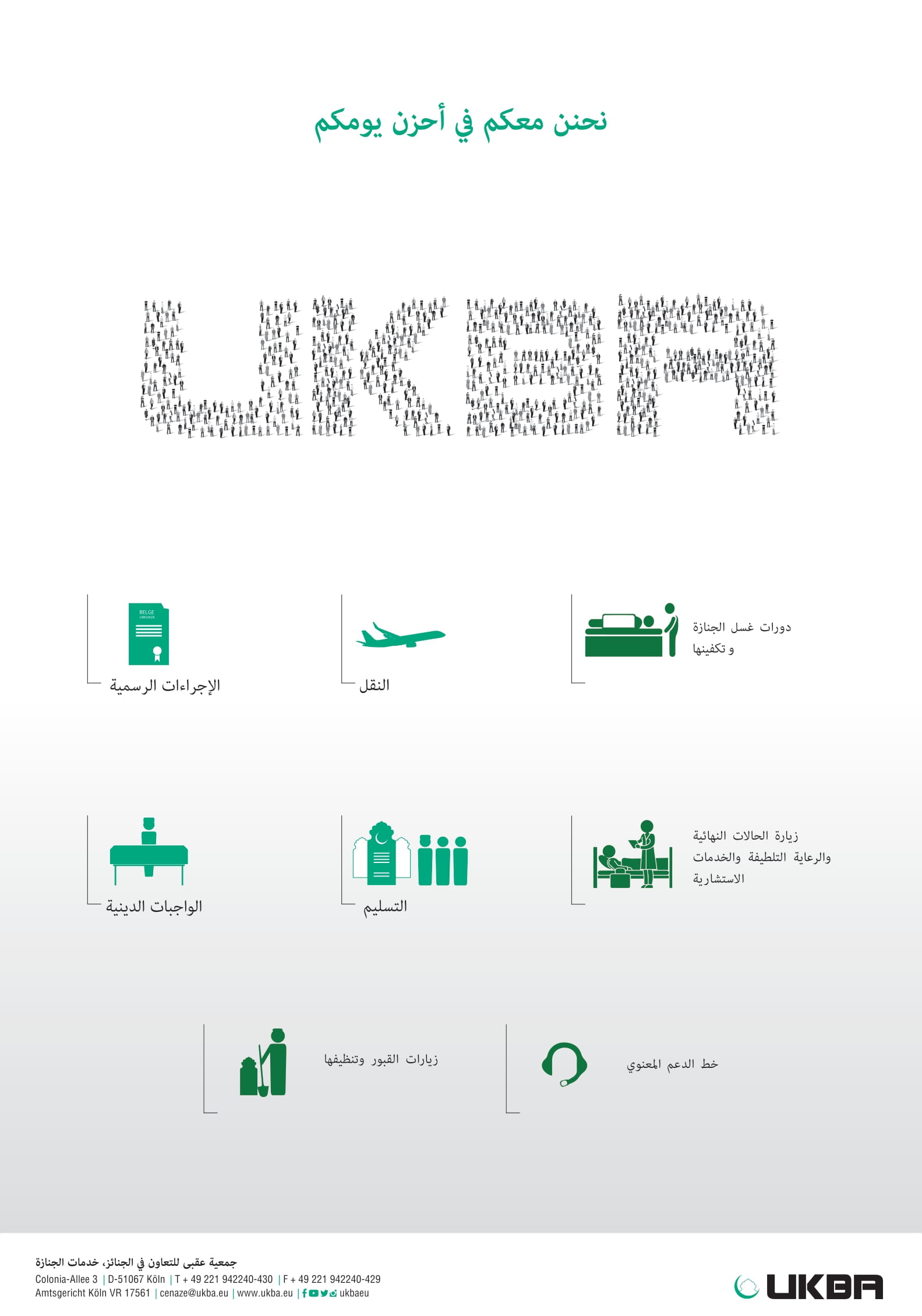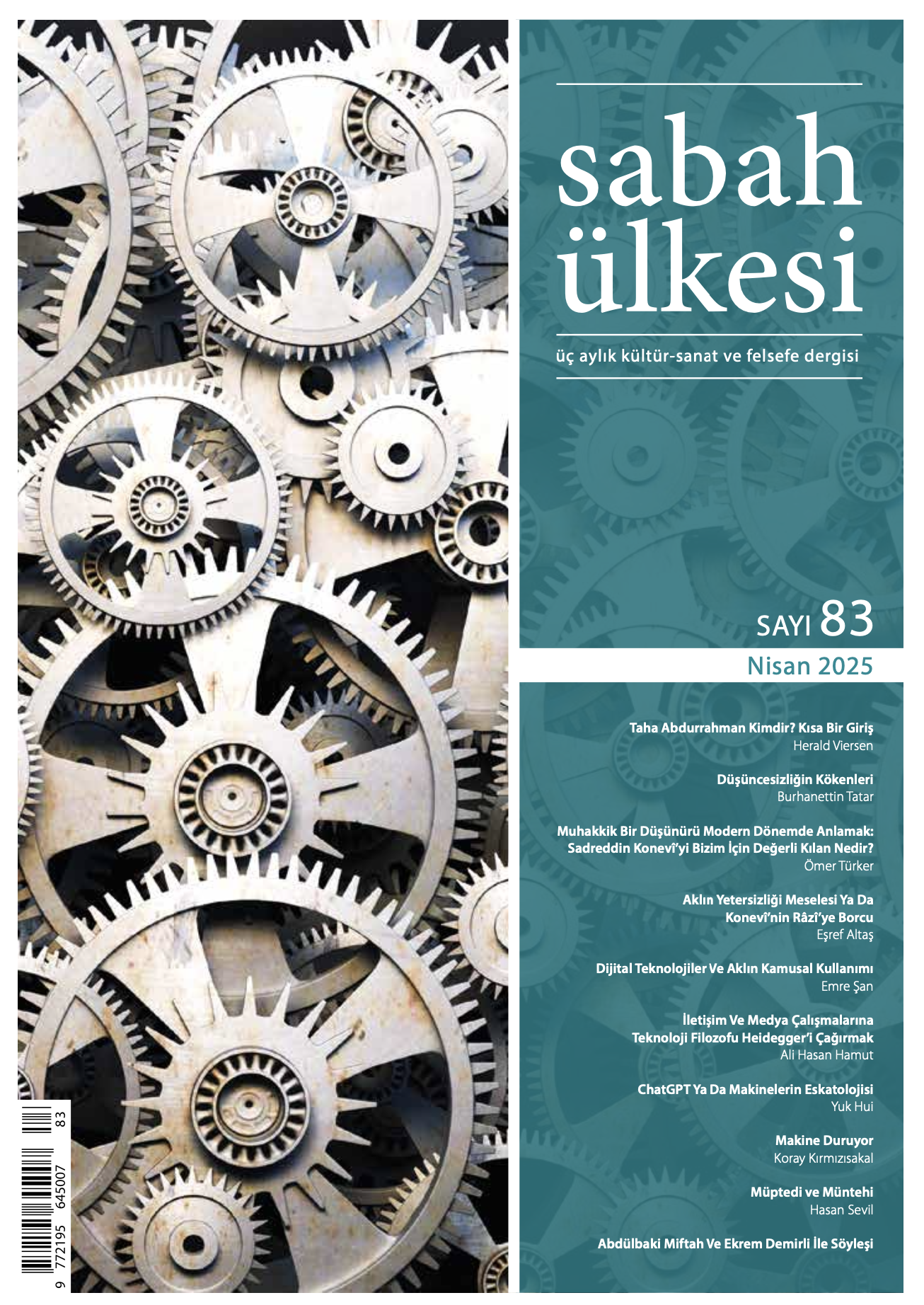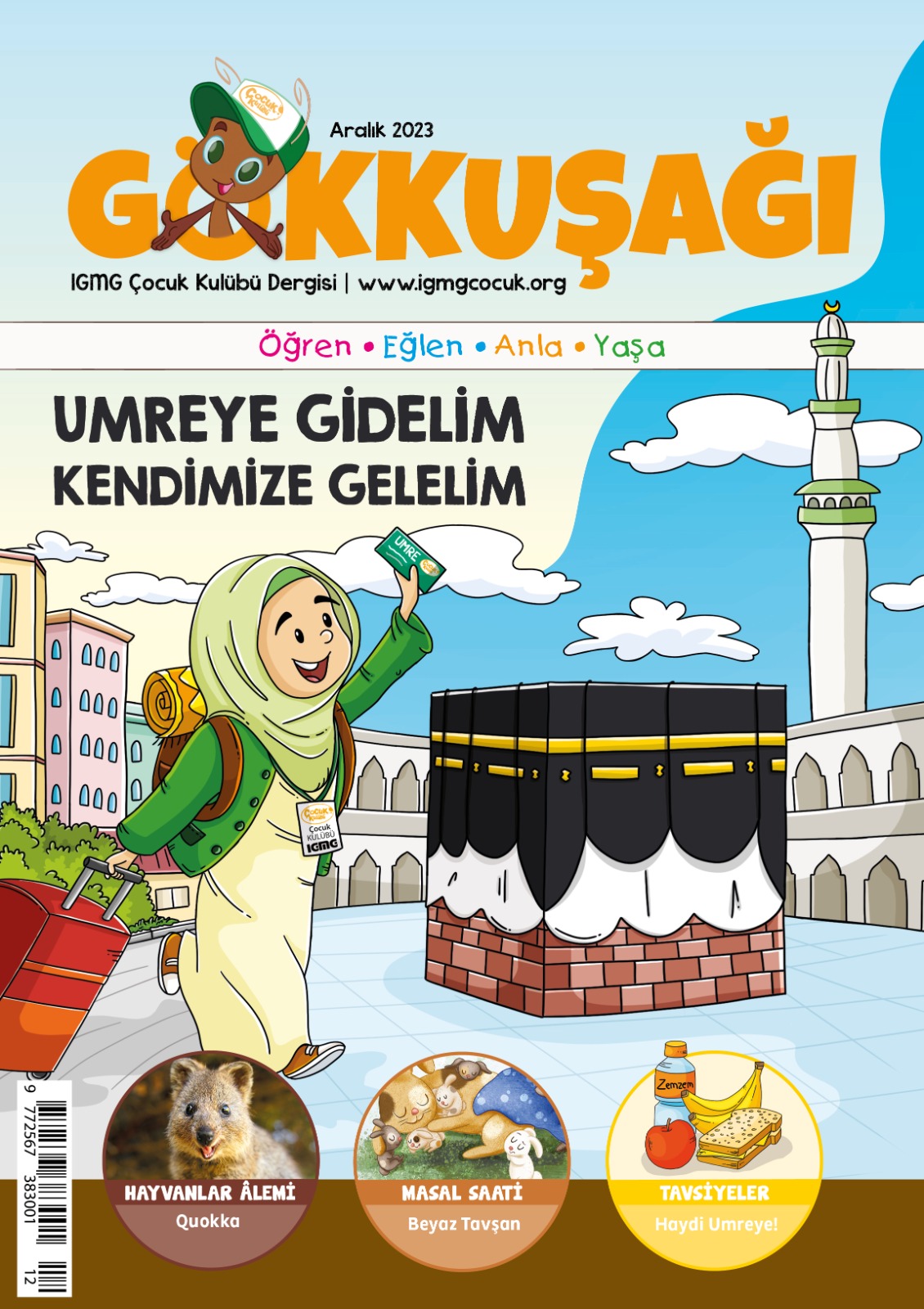Friday Khutba
Ihsan: Living as if seeing Allah
18. July 2024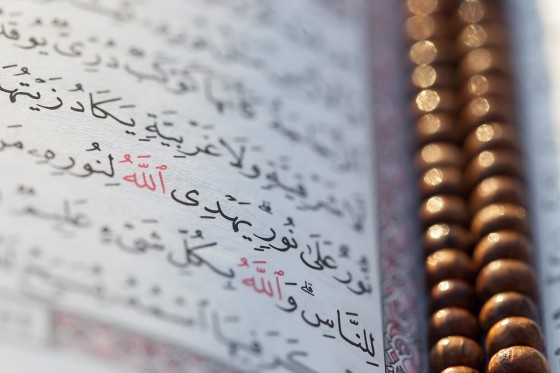
Dear Brothers and Sisters!
Ihsan, which means “to be beautiful,” is generally used in two slightly different contexts: to do good to others and to do one’s work beautifully. A person who practices ihsan is called a muhsin. Allah, the Almighty, says in our noble book, the Qur’an: “But whoever submits his self to Allah while being a doer of good (ihsan), then he has grasped the most trustworthy handhold. And to Allah will be the outcome of [all] matters.”
This verse teaches us the importance of ihsan and the peace and security that come with submitting oneself to Allah. Having good intentions and behaviour reflects placing ihsan at the centre of our lives. For a person’s actions to be considered ihsan, they must understand well why and how they should do something, and they must transform this knowledge and awareness into righteous deeds. The statement attributed to Ali (ra), “People gain value according to how they do their work with ihsan,” also points to this truth. In the verse “He who perfected everything which He created and began the creation of man from clay,” Allah, using the word “ahsen,” created everything with ihsan.
Dear Brothers and Sisters!
Our Prophet (saw) has beautifully explained “ihsan” and encouraged us to live with the moral of ihsan. He said, “Ihsan is to worship Allah as if you see Him, and if you do not see Him, indeed He sees you.” This statement sets forth a measure that Muslims should carry with them throughout their lives. This measure involves maintaining the awareness that we are constantly in the presence of Allah, which should guide our actions at every moment of our lives.Dear Jama’ah!
İhsan is to perform acts of worship solely for the sake of Allah’s pleasure. We should fulfill our prayers, fasts, charities and pilgrimage with the awareness that we are in the presence of Allah, therefore improving the quality and spiritual value of our worship.
Moreover, ihsan extends to performing every task beautifully and with full dedication. Doing our jobs to the best of our abilities, treating others kindly and upholding honesty in all our actions are all reflections of ihsan.
Ihsan also involves seeing all created beings as Allah’s creations and loving them for the sake of the Allah (swt). Showing compassion and fairness towards our neighbours, friends and both known and unknown individuals is essential to the ethics of ihsan. Achieving peace and harmony in society is possible through the widespread adoption of ihsan.
Furthermore, ihsan involves honesty, integrity and precision in weights and measures. The Prophet Muhammad (saw) said, “He who cheats is not one of us in measure and weight.” Being honest in trade and transactions, earning lawful income and avoiding harm to others are all essentials of ihsan.
Ihsan also means valuing the rights and freedoms of others as much as our own. The Prophet Muhammad (saw) said, “None of you truly believes until he wishes for his brother what he wishes for himself.” Respecting the rights of others, being just, and avoiding oppression are all indicators of ihsan.
Ultimately, the ethics of ihsan involve placing ihsan at the centre of our thoughts, attitudes and behaviours, making it an automatic part of our actions. Living with the constant awareness of being in the presence of Allah, choosing what is most pleasing to Him in every task and behaviour and making these choices a reflex are all indicators of ihsan ethics.
Dear Jama’ah!
İhsan is a moral principle that we should apply in every aspect of our lives. Acting with ihsan in our worship, daily tasks, social, economic and legal life brings us closer to Allah and helps us earn His pleasure. May Allah (swt) grant us the ability to live and spread the ethics of ihsan.
O Allah! Grant us the ability to live with ihsan, to perform our worship and tasks in the best manner. Provide us and our descendants with the ethics of ihsan. Grant peace, unity and harmony to our families. Ameen.
1 Surah AL-Baqarah, 2:112
2 Surah As-Sajdah, 32:7
Khutba – english
Khutba – turkish
Khutba – german
Khutba – arabic
Khutba – french
